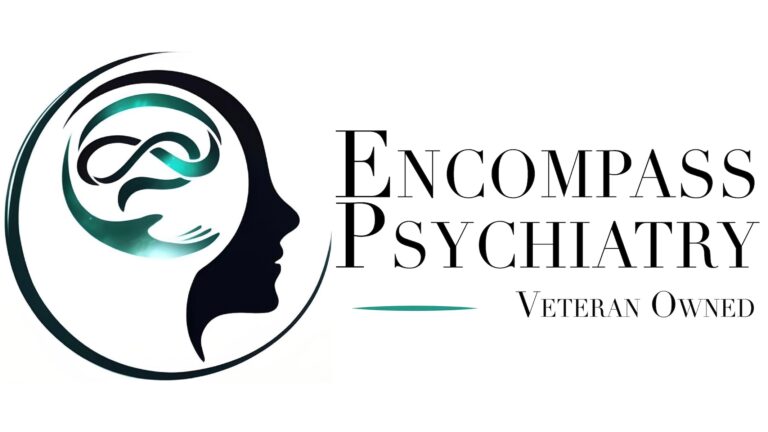
Independent Medical Opinion
(Nexus Letter)

An Independent Medical Opinion, which is also referred to as a Nexus Letter, serves to establish the connection between your service and your condition.
We utilize the information from your medical history and medical reports along with various forms of supporting evidence, as applicable, to discuss how your condition is connected to your service and/or how the condition has changed or worsened when indicated for your request for an increased rating.
Please note that these letters are different than the Disability Benefits Questionnaire (DBQ), and that DBQs are not currently offered. There is a plan to begin these as scheduling availability increases in the months to come.

Fees
Initial Consultation: Free
Disability Benefits Questionnaire (DBQ): $500
Independent Medical Opinions (Nexus Letters): $875*-$1250**
*Simpler/lower complexity claims may sometimes have a reduced fee.
**Higher complexity, multiple conditions, or multiple letters may be determined separately.
Please note that we do not currently accept paper medical records. All medical records must be in electronic PDF format and submitted. We do not have access to your VA records, nor will we ever ask for access, nor will we ask for any login information or passwords. We can only evaluate the evidence you submit to us directly.
FAQs
What is an Independent Medical Opinion (Nexus Letter), and why is it important for my VA claim?
An Independent Medical Opinion (IMO, or Nexus Letter) is a document provided by a medical professional that establishes a connection between your current medical condition and your military service. It’s crucial for some VA claims acts as the link of your condition to your time in the military, strengthening your case for service connection.
What is a Disability Benefits Questionnaire (DBQ), how does it differ from a Nexus Letter, and do you complete DBQs>
A Disability Benefits Questionnaire (DBQ) is a standardized form used by the VA to evaluate various medical conditions claimed by veterans. Unlike a Nexus Letter, which provides a narrative explanation of the link between your condition and service, a DBQ consists of specific questions related to your symptoms, diagnosis, and functional limitations.
We complete DBQs on a case-by-case basis.
Do I need both a Nexus Letter and a DBQ for my VA claim?
While having both a Nexus Letter and a completed DBQ can strengthen your claim, it’s not always necessary to have both. The importance of each document depends on the specifics of your case and the medical evidence available. In some cases, a well-written Nexus Letter may suffice, while in others, a completed DBQ may provide more comprehensive information pertaining to your symptoms for the VA to evaluate.
Can I use a Nexus Letter from a private physician for my VA claim?
Yes, you can use a Nexus Letter from a private physician for your VA claim. The VA will consider any relevant medical evidence, whether it comes from a private physician or the VA.
Is there a fee for obtaining a Nexus Letter or DBQ?
Yes, there is a fee for obtaining either (or both) a Nexus Letter/DBQ as this service involves professional expertise and time dedicated to reviewing your medical history, conducting an evaluation (if applicable), and preparing the necessary documentation.
The fee is typically paid by the veteran after the initial consultation to get started on the records review, literature review, and writing of the letter itself, or prior to completing the DBQ.
Our Fees are listed on this current page, “Our Services” and the “Fees” section.
Is a Nexus Letter or DBQ required?
No, a Nexus Letter or DBQ is not required for a VA claim, but they can significantly strengthen your case for service connection. While the VA does evaluate your medical records for a diagnosis and the treatment history, a Nexus Letter or DBQ provides direct documentation linking your current medical condition to your military service. In some cases, the VA may request an additional documentation to support your claim, especially if the evidence provided is considered insufficient or inconclusive. However, even if not explicitly required, submitting a Nexus Letter or DBQ can enhance the credibility and persuasiveness of your claim by providing clear and compelling evidence of the connection between your condition and your military service. Our team can assess your case and advise you on the best course of action regarding Nexus Letters and DBQs to maximize your chances of a successful VA claim.
What should I do if my Nexus Letter is rejected by the VA?
If your Nexus Letter is rejected by the VA, it’s essential to carefully review the reasons for the rejection and address any deficiencies identified. You may need to seek clarification from your medical provider, gather additional supporting evidence, or consider obtaining a second opinion or additional medical documentation. Veterans’ service organizations can also provide valuable assistance in navigating the appeals process and advocating for your claim. It is recommended that if you are seeking claims assistance that you work with an VA-accredited agent.
Does submitting a Nexus Letter or DBQ guarantee my claim will be successful?
While submitting a Nexus Letter or Disability Benefits Questionnaire (DBQ) can significantly strengthen your VA claim for service connection, it does not guarantee the granting of a service-connection or increase. The success of your claim depends on various factors often beyond what is covered in a Nexus Letter or DBQ. While a well-written Nexus Letter or DBQ can provide compelling evidence supporting the connection between your condition and military service, the VA will still evaluate your claim based on its own criteria and may request additional evidence or examinations.
It’s essential to understand that each case is unique, and the outcome of your claim depends on the specific circumstances surrounding your condition and military service. Ultimate the decision rests with the VA and their decision-making process.